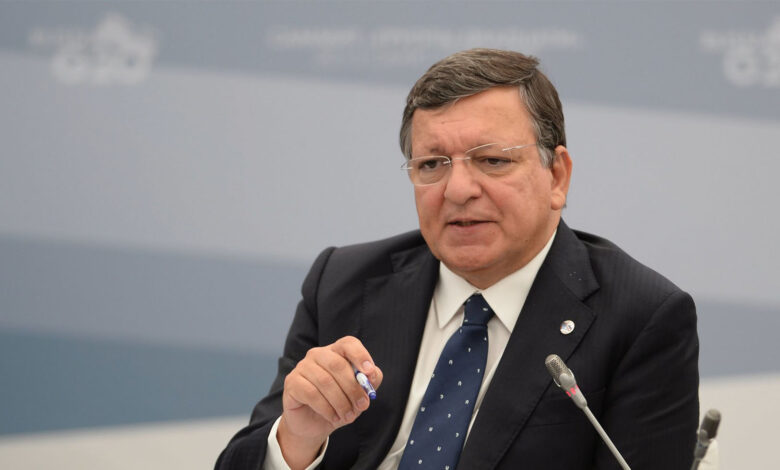The ‘corrosive’ effects of revolving doors

European Ombudsman Emily O’Reilly has warned that revolving doors between the private and public sector can have a “corrosive effect” on public trust, fuelling euroscepticism and undermining EU interests.
O’Reilly, who was Ireland’s first female Ombudsman and Information Commissioner between 2003 and 2013, was speaking on 22 May 2024 after it emerged that Henrik Morch, a director in the Commission’s antitrust arm, had accepted a well-paid role with a New York-based law firm.
O’Reilly said: “The clear impression is that the Commission has allowed one of its senior officials to work for a non-EU company that anticipates major benefits from that inside knowledge.”
O’Reilly’s has stated that she will carry out a probe following the publication of research by the European Parliamentary Research Service, Rules on ‘revolving doors’ in the EU, which has sparked discussion on ‘revolving doors’ in European politics. The report reasserts that rules around revolving doors are not implemented on a consistent basis throughout EU institutions.
Arguably the most prominent recent example of revolving doors is the José Manuel Barroso case (where he accepted a senior advisory role at banking firm Goldman Sachs after serving as President of the Commission between 2004 and 2014).
Following a probe into this, the European Ombudsman O’Reilly concluded that despite Barroso not breaching EU law, he should “abstain from lobbying on behalf of his then-current employer”.
Allegations of maladministration by EU institutions are investigated by the European Ombudsman.
The ‘cooling off’ period for former members of EU institutions varies from six months to three years: six months for members of the European Parliament; 18 months for presidents of the European Council; two years for members of the Commission, members of the European Court of Auditors and members of the European Economic and Social Committee; three years for the president of the European Commission, and for judges or advocates general of the European Court of Justice.
The cooling-off period for members of high-level ECB bodies is either one year or six months, depending on the type of activity and financial institution the former member intends to join.
In terms of national legislation in member states, in Ireland, there is legislative provision for a two-year prohibition on lobbying in connection with previous employment (a ‘cooling off’ period). In 20 of the other 26 EU member states there is no mandate for people leaving the public sector to engage in a cooling off period, including in France, Germany, and Italy.
European Commissioner for Competition, Margrethe Vestager has stated that it is “really important that people can trust that you cannot work in the Commission and then on the next day, leaving the Commission, that you cannot lobby the Commission or work on the same cases.”
However, the research by the European Parliamentary Research Service outlines that there remains a significant gap, with prominent figures throughout the EU and national governments free to use their insider knowledge to further their own careers.





